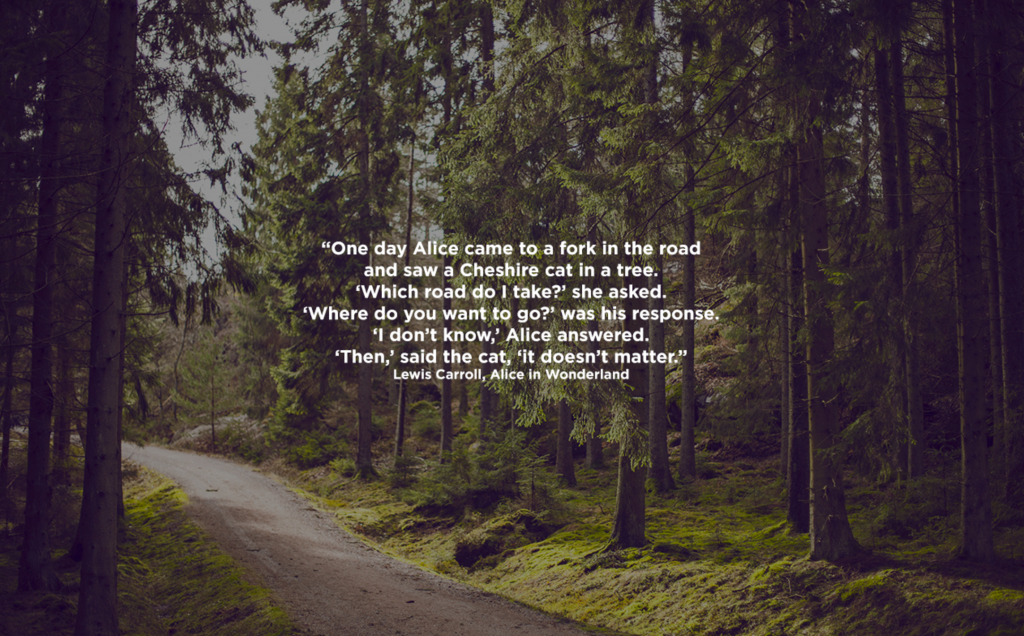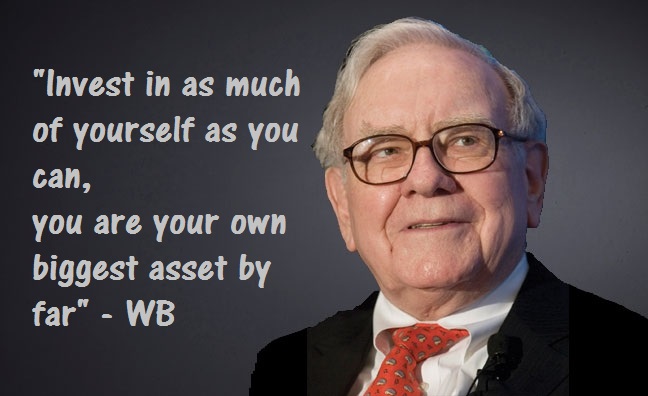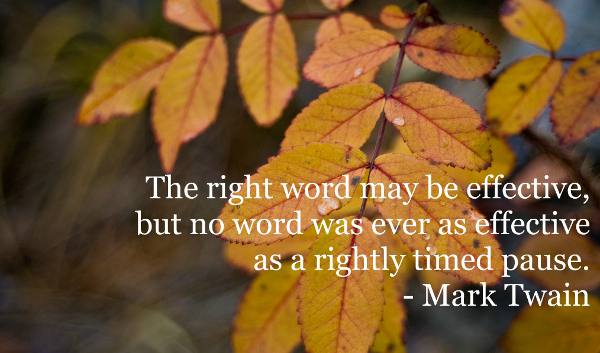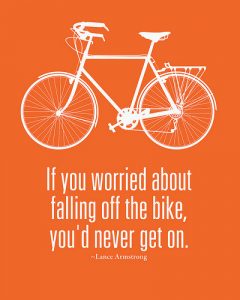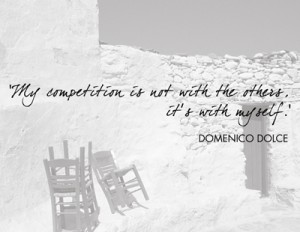I think it was 1989 when I, for the first time, realised that the 1st of January was a special day. The biggest change for me, one that always took a few weeks to get used to, was to write 1990 instead of 1989 in our school notebooks daily. While the whole world celebrated and wished each other on the 1st of Jan, nothing much else seemed to have changed (for me). Today, as we stand at the cusp of 2017, 28 years have passed since then. Though the fact still remains that nothing much changes between Dec 31 and 1 Jan, if we look at the last 28 years, then we can no doubt say that the whole world and each of our individual lives have changed immensely. While we may not always notice and acknowledge it, change is the only constant in life. A New Year is our annual reminder that time has come to move on and prepare ourselves for the changes coming.
Today I want to ponder and write about how to powerfully step into the new year, so that we are not surprised or shocked by the changes it will bring along. Over the years I have realised that we might very well let the years slide by without much attention; there always comes a time when we are made aware, not often subtly, that time has moved on. So read on if you prefer to enter the new year on your own terms, or skip this article if you feel a new year is too insignificant an event to trouble your brain cells.
1. Complete 2016
The first step before starting anything new is to finish what you are doing now. Just like we put the first foot down before lifting the other one while jogging, just like we get our raw vegetables and spices ready before cooking our food, it is imperative that we finish our 2016 before we even start thinking about 2017. If we ignore this first step, the result will be the same when we start cooking a delicious dish only to realise later we never got the required ingredients.
What I mean by completing 2016 is taking some dedicated time before the new year to –
1. Introspect your goals (if any) at the start of the year and make peace with where you are now.
2. Celebrate your achievements (big and small) and laugh about your failures (missed opportunities)
3. Reflect upon what you have learned, and how you have changed or grown over the year.
4. Free your mind from the grip of the difficult people and hard situations you have encountered this year.
5. Apologize if you realise you have been a difficult person in someone else’s life.
6. Give up any blame, regret or shame gathered this year. There will be new to collect in 2017 🙂
7. Thank and express gratitude to everyone who has made a difference in your life.
2. Know Yourself
The next step before moving ahead is to take some time to know yourself better. That doesn’t mean finding out your blood group or body weight or exam grades or other people’s predictions about your future, but rather looking deep inside yourself to discover your deepest values and motivations. You can do so by answering questions such as –
1. What are your deepest motivations? What have you always wanted to do?
2. What are you really passionate about? Is there something worth devoting your life for?
3. What drives your actions and decisions? What are the values you hold most dearly?
4. What makes your really happy or angry?
5. Who are your biggest inspirations in life, and who are the people you can’t stand? Why?
Answering these questions are anything but simple and there can never be final answers to them. But if we take time and ponder over them and come up with some ideas, we will know ourselves better than anybody else (our parents, friends, grades, achievements, money) can tell us about.
3. Where do you want to be in the next 5 or 10 years?
The next step is to think about the future and exercise your imagination muscles. Think about the kind of person you want to be in the next 3, 5 or 10 years. This might seem like too far ahead in the future, but it doesn’t take long for these years to roll by. Just think about how quickly the last 10 years have passed by. Imagining your own future can feel a bit strange and uncomfortable at first, but soon it will become a lot of fun – just like a game. Do not let this question overwhelm you (which it can), and instead, play it like a game and see what you come up with.
While you imagine your future, think about your deepest desires and ambitions. What do you want to accomplish that will give you the most satisfaction? What changes you want to see in yourself, your family, your society, your company, your city and your country? How do you want people to relate to you after 10 years? In this step you do not need concrete answers, but a vague image of where you want to be. The intention of this exercise is to get you thinking about your future, the actual answers you come up with are not so relevant.
4. Decide milestones or checkpoints on the way
The next step is to identify milestones for the next 1 year for the ambitions which you discovered in the previous step. Don’t let this step scare you. You don’t have to decide milestones for each one of your ambitions – you can choose a few which are the most important to you. Also don’t worry or bother about “how” you will reach your milestones as you have the whole year to think about that.
These milestones will serve as checkpoints which will measure your progress towards your long term ambitions. These milestones can be broken down into quarterly and monthly milestones depending on what you prefer. The only thing to take care while marking these milestones is to make sure they can be observed and measured by anyone easily and they are not vague. Make sure to be clear about what you want to achieve, when and where you will achieve that and with whom. The more numbers you can use the better this step will be in its fruitfulness, and it is best to avoid vague words like soon, sometime, in a few weeks, improvement, better, more, etc.
In the above two steps, it is very important to also include and keep time for recreation, fun, sports and other forms of entertainment. The whole idea of this exercise is be more aware about yourself and prepared for the coming year, and it is very important to not take it too seriously and think only about work and professional stuff. If you are a movie buff and want to watch 100 movies or visit a few movie festivals next year, plan your milestones for it.
With the above four steps, you can step into the new year and make a powerful “start“. Of course, that doesn’t mean that your life will pan out exactly as you imagined or that the next year is going to be your best year. It just doesn’t work that way. But knowing where you want to go is always better than hoping to get “somewhere”.
I can write another article about what you can do in the new year to make sure you hit your milestones, but we must always remember that change is the only constant in life, and it can come up in unexpected ways and mess up our plans anytime. But having messed up plans is still better than having no plans at all, and we can repeat the above process anytime to plan afresh for the future – we need not wait for the next “New Year” to repeat this process.

